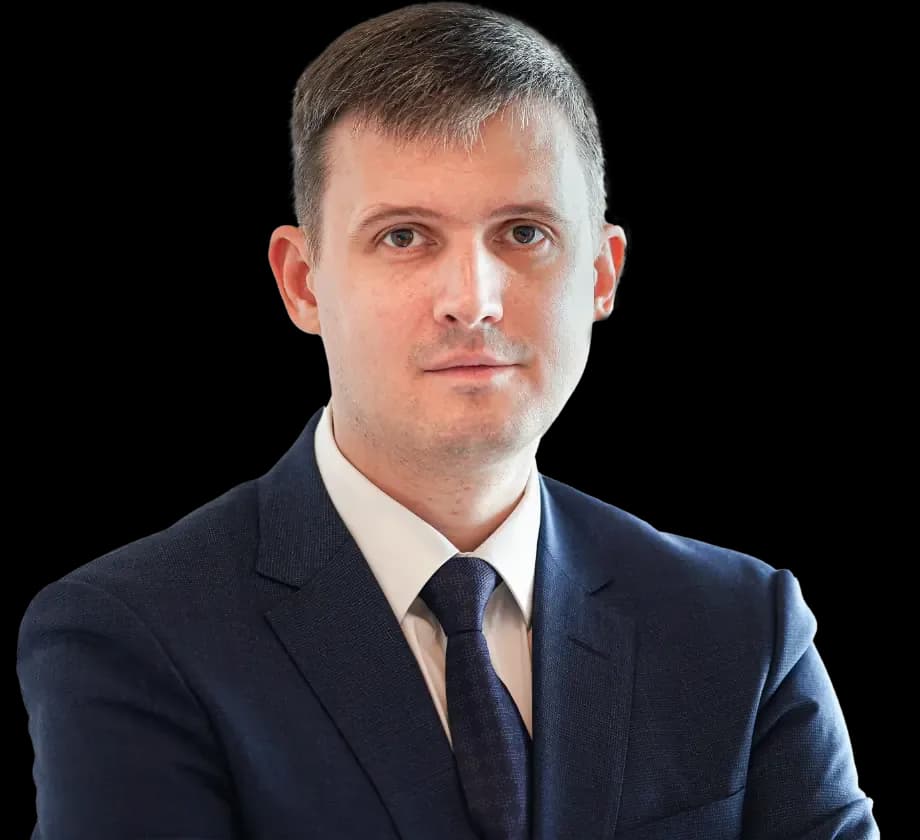Real-World Assets Meet Blockchain: RWA Lawyers Ensuring Compliance and Security
Real-World Assets Meet Blockchain: RWA Lawyers Ensuring Compliance and Security
Blog Article
In the fast developing field of asset tokenization, knowledge the regulatory landscape of Real World Assets (RWA) could be daunting. RWA lawyers specializing in this market play an essential role in guiding companies and investors through the labyrinth of rules to make sure compliance and smooth transactions. This blog post may explore how legitimate specialists support in moving RWA rules, shedding light on their fundamental position in the asset tokenization process.
Knowledge the Basics of Advantage Tokenization
Asset tokenization involves transforming bodily resources into electronic tokens that can be dealt on blockchain platforms. This revolutionary strategy presents improved liquidity, openness, and accessibility. Nevertheless, the process is never as simple because it seems, especially when working with RWAs. Unlike purely electronic resources, RWAs are at the mercy of a number of legitimate and regulatory considerations that want cautious navigation.

The Regulatory Landscape of RWAs
RWAs are governed by a complex web of rules that range from jurisdiction to jurisdiction. These rules are created to defend investors, ensure market security, and prevent fraud. Nevertheless, they could also build significant problems for businesses looking to tokenize real-world assets. Knowledge these regulations is a must in order to avoid legitimate traps and guarantee compliance.
The Position of Lawyers in Asset Tokenization
Lawyers with expertise in advantage tokenization perform a vital role in assisting companies and investors understand and conform to RWA regulations. They offer advice on appropriate structures, help draft required paperwork, and guarantee that all transactions adhere to applicable laws. Their expertise is important in distinguishing potential appropriate problems and giving answers to mitigate risks.
Ensuring Regulatory Conformity
Among the main responsibilities of lawyers in advantage tokenization is ensuring regulatory compliance. This implies knowledge the specific rules that connect with several types of RWAs and advising clients on how to meet these requirements. Lawyers also help firms receive essential licenses and registrations, ensuring that their tokenization projects are legitimately sound.
Mitigating Legitimate Risks
Moving RWA regulations without legitimate expertise can expose companies to substantial risks. Lawyers support mitigate these risks by determining possible appropriate dilemmas and giving proper advice to deal with them. Additionally they guide in drafting contracts and agreements that defend clients' pursuits and assure compliance with relevant laws.

Streamlining the Tokenization Method
Appropriate specialists play an essential role in streamlining the asset tokenization process. By handling the appropriate and regulatory aspects of tokenization, lawyers let organizations to focus on the key operations. Their expertise ensures that the tokenization process is efficient, legally compliant, and arranged with business objectives.
In Conclusion
Navigating RWA regulations in the asset tokenization space requires particular legal expertise. Lawyers play a crucial role in guiding corporations and investors through the complicated regulatory landscape, ensuring conformity and mitigating risks. Report this page